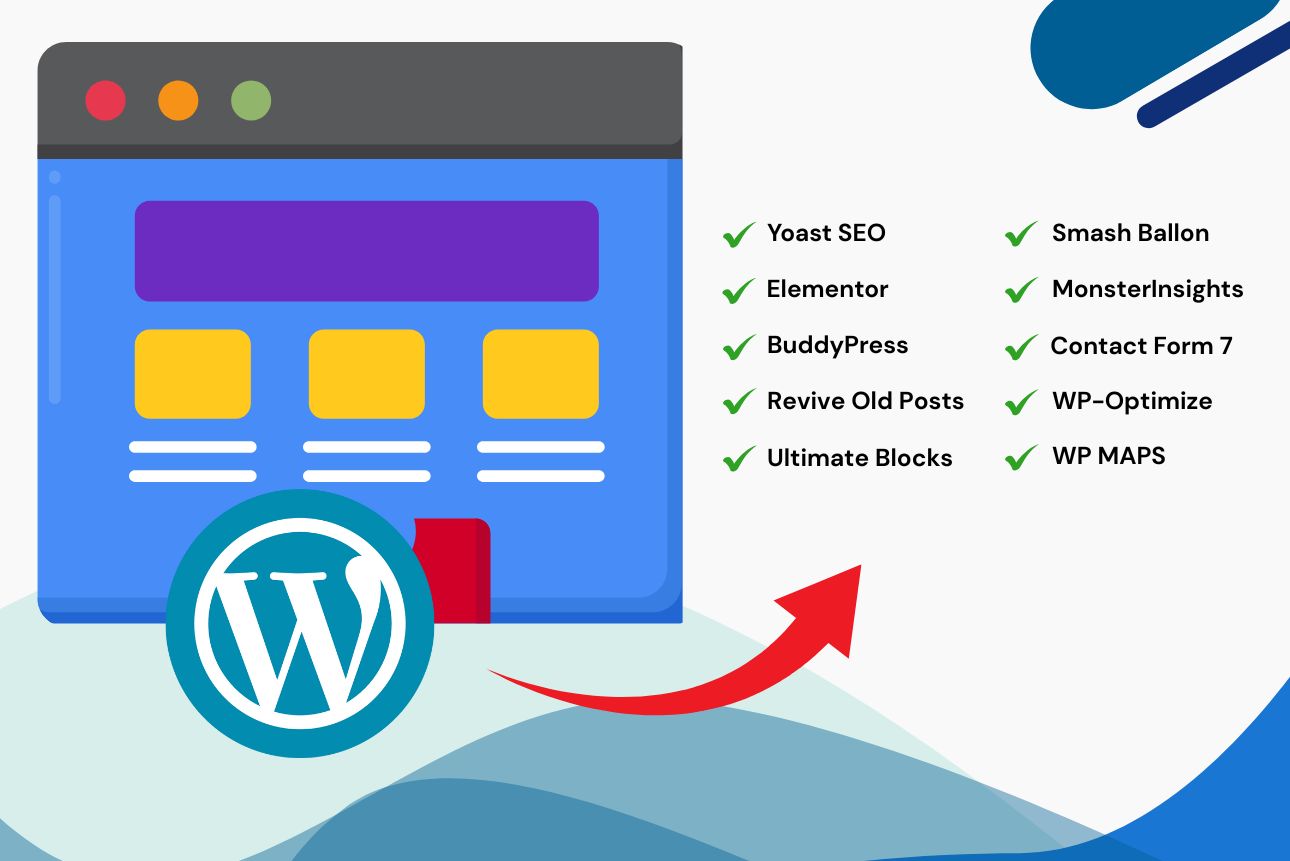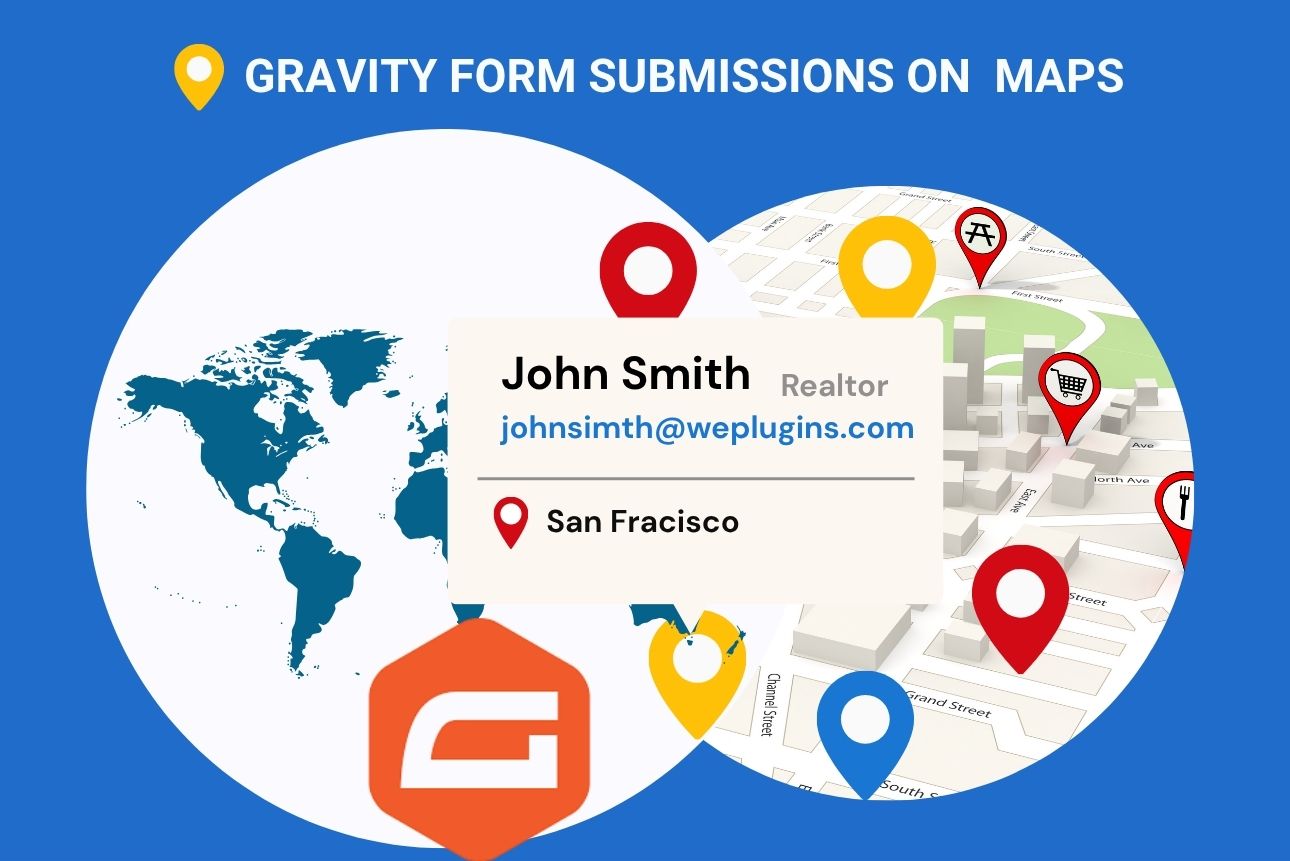This website uses cookies so that we can provide you with the best user experience possible. Cookie information is stored in your browser and performs functions such as recognising you when you return to our website and helping our team to understand which sections of the website you find most interesting and useful.
So, you’re diving into the world of WordPress hooks, eh? Well, you’ve come to the right place! Today, let’s chat about the auth_post_post_type_meta_meta_key filter. It’s a bit of a mouthful, but once you get the hang of it, you’ll find it super useful.
The dynamic parts of the hook name, $meta_key and $post_type, are all about the meta key and post type passed to map_meta_cap(). To get started with this filter, you’ll need to register it with add_filter. You can pop this code into your theme’s functions.php or, better yet, create a custom WordPress plugin. At WePlugins, we always recommend the plugin route to keep things smooth during theme updates.
Parameters
Here’s a rundown of the 6 parameters you’ll need for this hook:
- $allowed: (bool) Whether the user can add the post meta. Default false.
- $meta_key: (string) The meta key.
- $post_id: (int) Post ID.
- $user_id: (int) User ID.
- $cap: (string) Capability name.
- $caps: (array) User capabilities.
Live Example 1: Basic Usage
Here’s a basic example to get you started:
function weplugins_modify_auth_post_post_type_meta_meta_key_defaults($allowed, $meta_key, $post_id, $user_id, $cap, $caps) {
// Update the $allowed variable according to your website requirements and return this variable.
return $allowed;
}
// add the filter
add_filter( "auth_post_post_type_meta_meta_key", "weplugins_modify_auth_post_post_type_meta_meta_key_defaults", 10, 6 );
Live Example 2: Removing a Hook
Need to remove a hook callback? Check out this example:
remove_filter( "auth_post_post_type_meta_meta_key", "weplugins_modify_auth_post_post_type_meta_meta_key_defaults", 10, 6 );
Remember to provide the same callback function name, priority, and number of arguments when removing the hook callback.
Live Example 3: Conditional Modification
You can also modify the $allowed variable conditionally like this:
function weplugins_modify_auth_post_post_type_meta_meta_key_conditionally($allowed, $meta_key, $post_id, $user_id, $cap, $caps) {
if ($meta_key === 'special_key' && $user_id === 1) {
$allowed = true;
}
return $allowed;
}
add_filter( "auth_post_post_type_meta_meta_key", "weplugins_modify_auth_post_post_type_meta_meta_key_conditionally", 10, 6 );
Contact Us
If you’re having any trouble using this hook, feel free to Contact Us for any customization needs. We’re here to help!
Explore the latest in WordPress
Trying to stay on top of it all? Get the best tools, resources and inspiration sent to your inbox every Wednesday.




